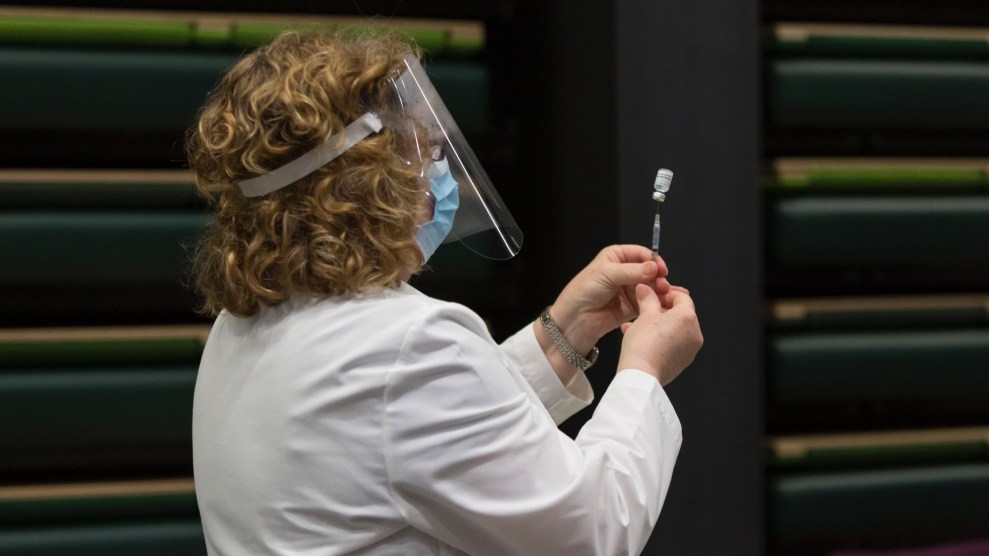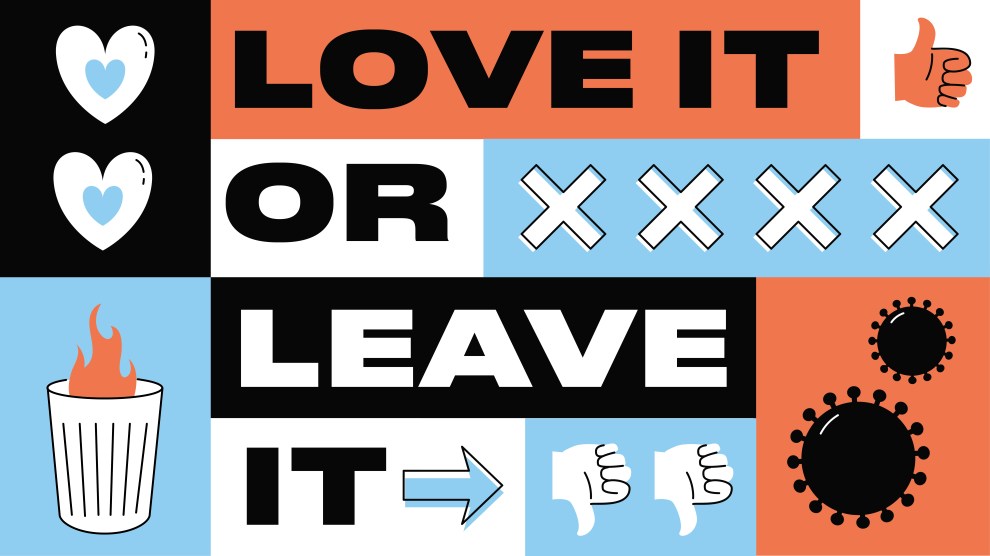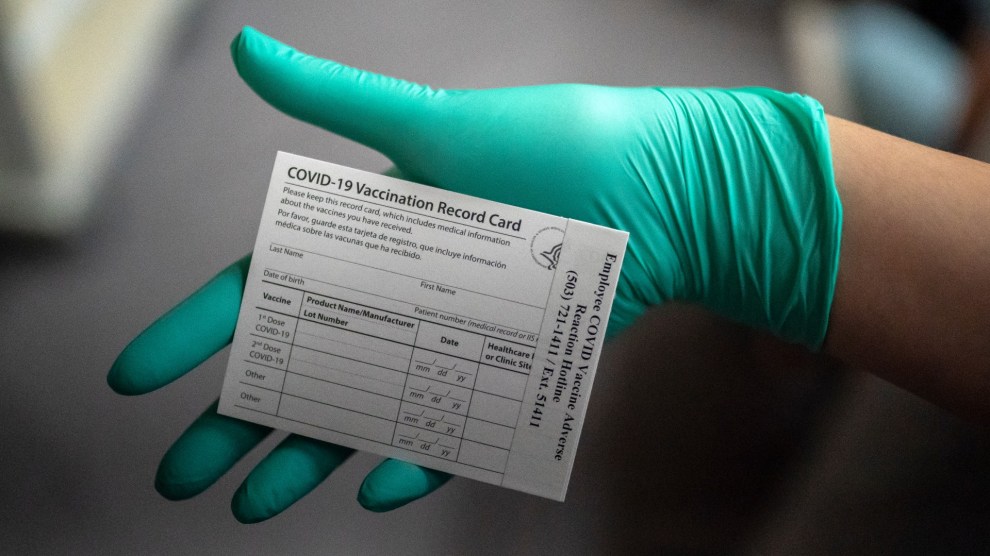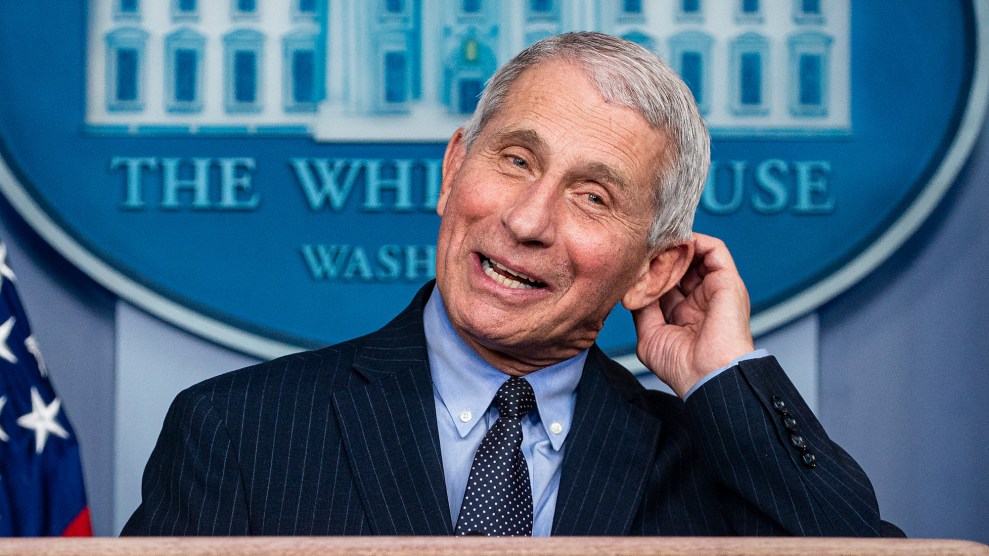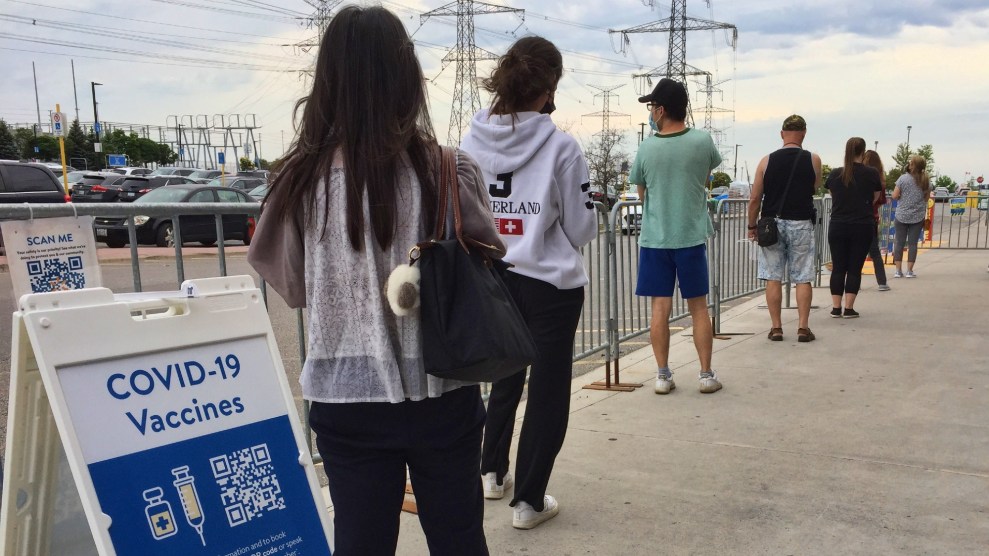
People queuing at a Toronto vaccination site in June.Creative Touch Imaging/NurPhoto via Zuma
Just a few months ago, the United States was far ahead of Canada in its COVID-19 vaccination rate.
Not anymore. Now, compared to Americans, a greater share of Canadians are fully vaccinated, at 49.1 percent compared to 48.5 percent in the United States. It’s a sharp departure from three months ago when America, with a huge head start thanks to wider availability of vaccines, had a population that was about ten times more likely to be fully vaccinated.
The numbers are even worse for the United States than the latest milestone suggests. Unlike the United States, Canada delayed administering second shots of vaccines so that more people could get first doses more quickly. That meant that Canada had already passed the United States in the share of its population that has received at least one shot of a vaccine. Nearly 80 percent of eligible Canadians have already received a first dose. In the United States, that figure has plateaued around 65 percent.
The results of Canada’s more effective vaccination campaign are likely showing up in infection numbers. Fewer than 1 out of every 100,000 Canadians are testing positive on an average day. That rate is still falling despite the spreading Delta variant that’s contributing to higher infection numbers across the world.
South of the border, it is a different story. The United States’ daily infection rate is now nearly ten times higher than in Canada, with new daily average infections topping 30,000 for the first time in two months. Case counts are still rising.
What accounts for the rapidly emerging difference? For one, Canada’s political and media landscape is far less polarized than the US, according to Yahoo News, which helped the country establish what researched have identified as “a unique period of cross-partisan consensus” dating to the earliest days of the coronavirus crisis. Canadians have confronted less misinformation about the virus and vaccines. Indeed, polling suggests nearly 90% of Canadians want a coronavirus shot—a level of enthusiasm that should leave Canadians far more protected than people living in US regions saddled with vaccine refusers.

